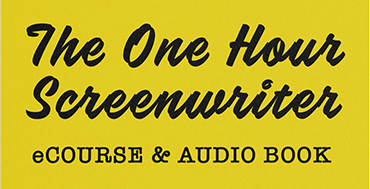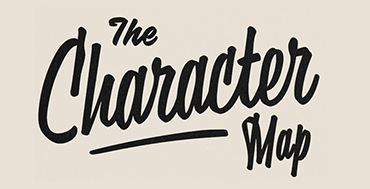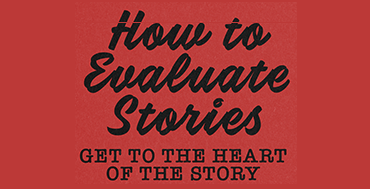Values at Stake – Televison


Competing values are neutral. They are a simple (often one word) expression of a fundamental truth or an ideal a person holds dear. No value is inherently better or worse than another. For example: Freedom and Security are two fundamental American values.
America sees itself as “the home of the brave and the land of the free.” Lady Liberty is an iconic symbol of the nation. But to survive, every nation (or person) must be secure in its person, property and borders. Security is also a fundamental American value, especially in these potentially very dangerous times.
The question is: What happens when a character (or country) is forced to make starker and starker choices in favor of one value over (or to the exclusion of) another?
How much freedom are you willing to sacrifice or surrender in order to be secure? As citizens are pushed to give up more personal autonomy, liberty or privacy, when do they cease to be free? Alternatively, how much security are you willing to sacrifice or surrender in order to be free? If safety measures are too often thwarted by civil libertarians can a nation be adequately secure?
As the risk rises and a nation (or person) is pushed to the brink, it is forced to chose one value over the other. These choices build up over time. A final definitive choice should negate or eliminate one value in favor of another. The payoff to a feature film well and satisfyingly written is to show this kind of final climactic choice at the end of the story.
For example: In Schindler’s List, Oskar Schindler discovers war is the road to riches. His Jewish accountant pads the factory payroll to save people from the camps. At first, Schindler resists then, as he gets to know the factory workers, he gives away his watch, then his ring and then his cigarette case in making deals to shield them. Schindler makes his final value choice when he gives his last trunk of money to protect those workers who are now finally and fully “his” responsibility. Schindler finishes the film penniless and dressed in the rags. In a Power of Conscience film, like Schindler’s List, the values at stake are Personal Well-Being vs. Moral Responsibility.
In series television, this choice is paid off more slowly and over multiple episodes or seasons. A television series shows how this choice is made through incremental action, over time, leading to a climactic series finale.
For example: In NYPD Blue, Andy Sipowicz choses to face his demons one by one. He battles his temper and his rage. First he reigns himself in and gets sober, then he gets married, has a baby, reconciles with his eldest son, loses that son, loses his wife and cares for his remaining child. Over 17 years the drunken, racist, misanthrope we met in the pilot becomes, in a final leap of faith, a temperate respected leader of the men in his precinct. In a Power of Will series, like NYPD Blue, each choice involves the competing values of Impulse vs Restraint.
Getting back to our earlier example: How is freedom finally sacrificed? What is the tipping point? Alternatively, what well-meaning policies deal security a fatal blow? The audience wants to see how this final value choice is driven by faith or by fear. They want to see how the character is pushed to extremes that provoke action that conclusively defines his or her character.
Values + Action = Character
The obstacles in a film or television series should create the kind of risk, peril or danger that pushes the character to take actions that define what is most fundamentally important or true in a character’s life. This is the case even in comedy. There is no greater risk or peril than the vulnerability that makes a character funny.
The character should be forced to make a stark, definitive and active choice. As one value is ultimately chosen, the character finally negates or surrenders the other contrasting value. What price is paid for the character’s choice? What are the consequences for the character? The more expensive the price, the more dire the consequences are for your character, the more compelling and urgent your story will be for your audience.



Create a visual map for a character’s emotional journey. Pull stories from character rather from rote story structure beats. Some of the largest international media companies, use this in story and character development.


A clear concise guide for writers and producers to have by their side as they embark on a project. It gives a really vital reminder of what is key for story success.

No comment yet, add your voice below!